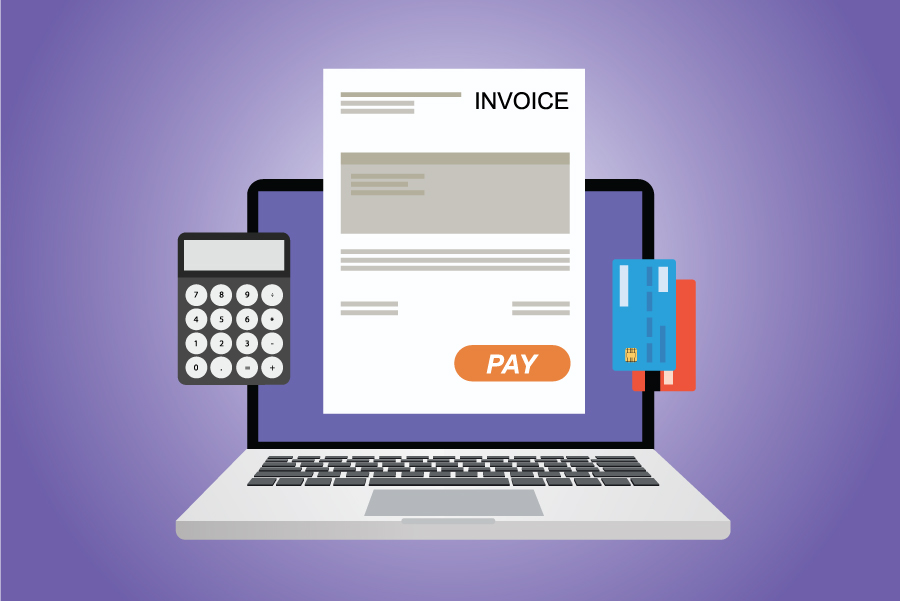
New timetable for entry into force of the electronic invoicing reform

As of 1July 2024, electronic invoicing was set to become compulsory.
This reform led by the French government, which corresponds to an international context of modernisation of corporate financial activity, has been postponed until a later date.
An electronic invoice means an invoice created, sent and stored in digitised form, and necessarily including a minimum data set in structured form, differentiating it from « paper » invoices or invoices in standard PDF format.
The electronic invoicing reform has two components :
- The e-invoicing component :
This concerns the obligation to both issue and accept invoices in electronic format.
This obligation applies to all purchases and sales of goods and/or services by companies based in France which are subject to VAT (B2B), and carried out in France (referred to as domestic transactions).
- The e-reporting component :
This concerns the obligation for companies to send the tax authorities certain invoicing and payment information not included in the e-invoice.
This obligation applies to companies subject to VAT in France and trading with individuals (B2C) and non-taxable persons more widely, or with foreign companies (within or outside the EU) not based in France.
| New timetable for implementation of the reform : |
These obligations were initially set to come into force on :
- 1July 2024 for the obligation on all companies to accept invoices in line with the e-invoicing obligation;
- Between 1July 2024 and 1January 2026, depending on company size, for the obligation to send e-invoices and the e-Reporting obligation.
However, in a press release dated 28 July 2023, the government announced a postponement of the timetable for general introduction of electronic invoicing by companies.
Economy Minster Bruno Le Maire, attending the latest Charted Accountants Conference in September 2023, also announced postponement of the reform. As such, it was specified that the new timetable for introduction of the reform was to be defined in the coming weeks during the preparatory work for adoption of the 2024 Finance Bill.
It has been indicated, however, that the postponement would be for several months, according to the following provisional timetable:
- Late 2024: delivery of the public invoicing portal;
- Early 2025: qualifying and testing;
- 2025: pilot phase of the public invoicing portal;
- 2026: roll-out year (acceptance and sending obligations) ;
- 2027: ramp-up of system.
Want to ask a question? Need further information? Our team of employment law experts is here to help you with this new reporting process.

